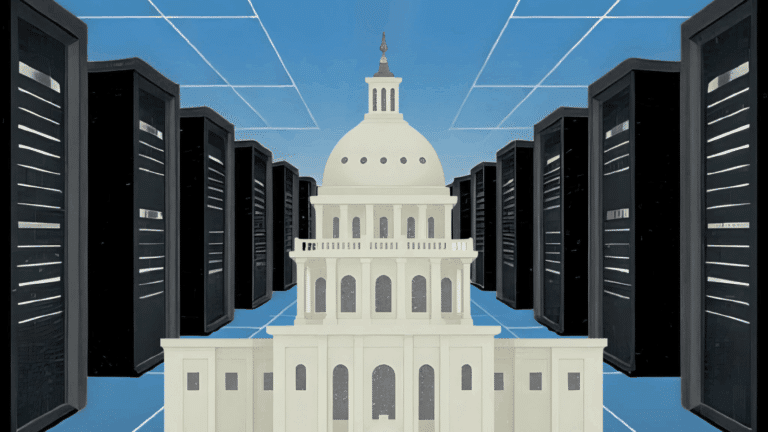Devex Pro Insider: Nerves in Davos, one year on from the fall of USAID
Highlights from Davos, and the latest career moves in the global development sector.
Current Access Level “I” – ID Only: CUID holders, alumni, and approved guests only
The decline in US coal mining played a prominent role in the 2016 US presidential campaign. Donald Trump repeatedly promised to revive the US coal industry and bring back mining employment by removing environmental regulations. President Trump has reiterated these promises since the election. But can coal make a comeback? A paper by the Center on Global Energy Policy, co-authored by Trevor Houser, Jason Bordoff and Peter Marsters, addresses this question. After a brief presentation of the paper, the event will feature a panel discussion with: Jim Rogers, Former President, CEO and Chairman, Duke Energy Dr. Geoff Heal, Donald C. Waite III Professor of Social Enterprise, Columbia Business School Trevor Houser, Partner, Rhodium Group Jason Bordoff, Professor of Practice in International and Public Affairs, SIPA; Director, Center on Global Energy Policy Peter Marsters, Research Analyst, Rhodium Group
The Center on Global Energy Policy at Columbia University SIPA is pleased to host a virtual webinar with experts from Kenya, India, and Brazil to discuss and better understand the landscape...

Join us on February 25 for an in-depth, student-only conversation. Registration is required, and space is limited. The Center on Global Energy Policy at Columbia University SIPA’s Women...

On January 1, 2026, the European Union's highly-anticipated Carbon Border Adjustment Mechanism (CBAM) will take effect. Introduced in 2023, CBAM will require the importers of certain carbon-intensive goods...

The Columbia Global Energy Summit 2026 is an annual event dedicated to thought-provoking discussions around the critical energy and climate challenges facing the global community.

From the east to west and north to south, in red states and blue states, attention to data centers is skyrocketing in state capitals across the United States.

Libya's bid round for new oil and gas exploration and production highlights its potential revival as a major oil producer.

Economic, political, and fiscal realities have shifted energy policy priorities across the globe toward the goals of affordability and competitiveness.
